No products in the cart.
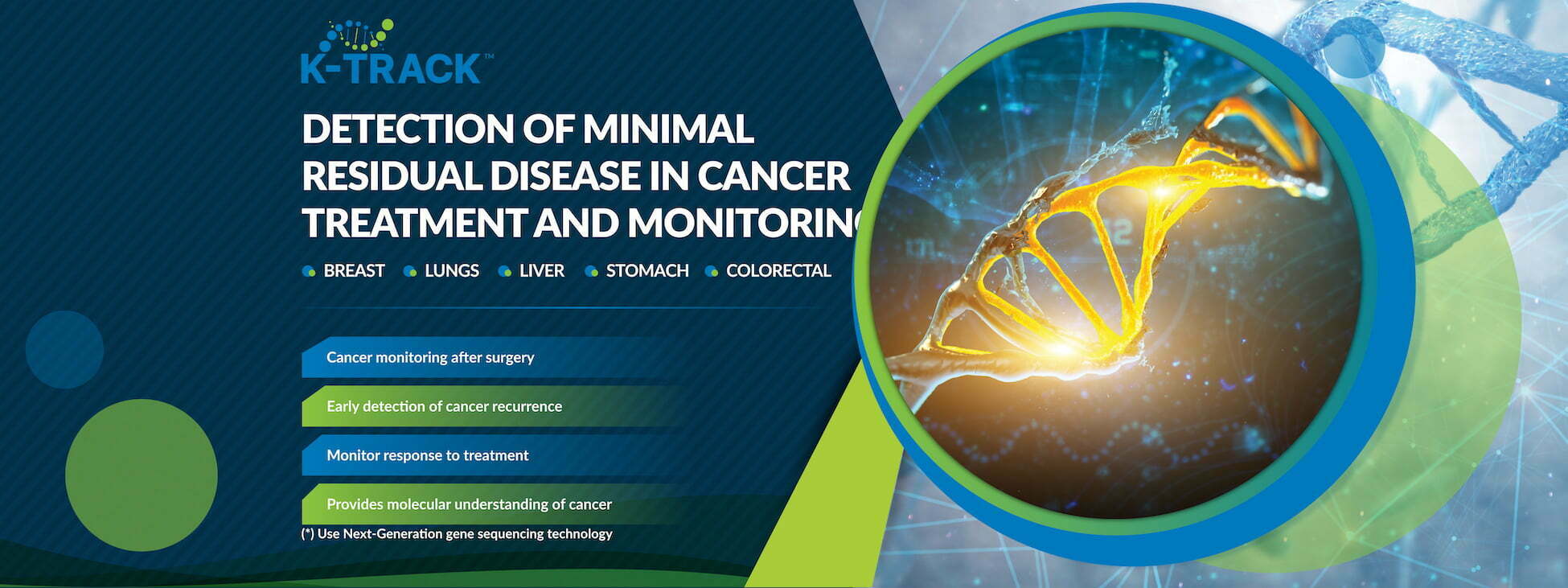





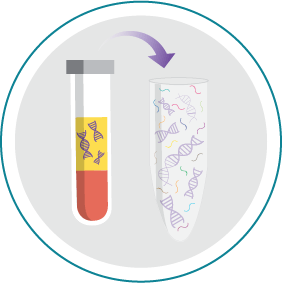
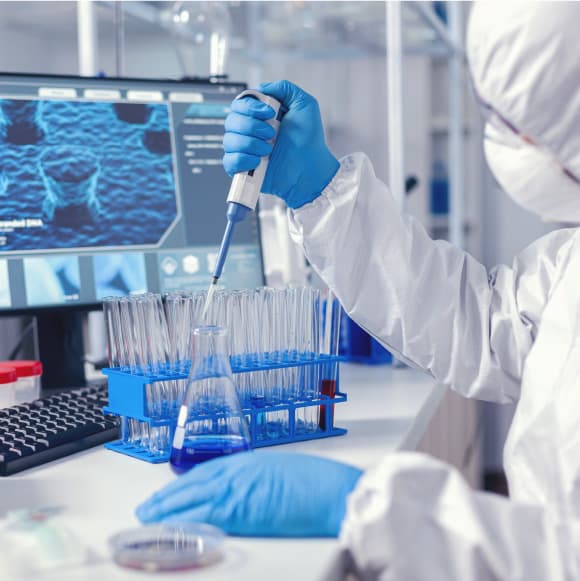



Two to four weeks after radical surgery (1–2 weeks for liver cancer) to monitor minimal residual tumour.
Get routine checkups every 3–6 months for patients who have completed the treatment regimen. This helps monitor early recurrence.
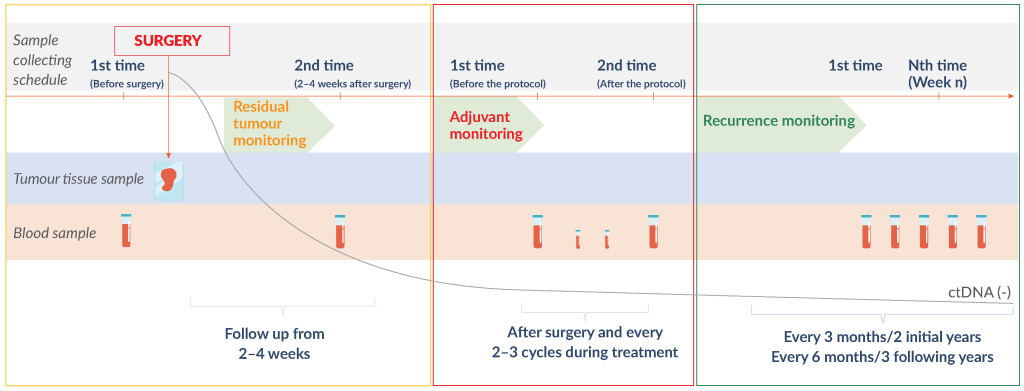
Note:
K-TRACK TM is NOT USED for:
– Pre-surgery evaluation of neoadjuvant/adjuvant treatment.
– Patients with cancer recurrence.
– Pregnant patients.
– Patients with a history of bone marrow transplant or whole blood transfusion within the past three months.
After radical surgery, if:
• ctDNA (+): higher risk of your cancer returning —> Adjuvant monitoring.
• ctDNA (-): More likely to remain cancer-free —> RECURRENCE monitoring.

Provide post-test counselling by medical geneticist/oncologist.
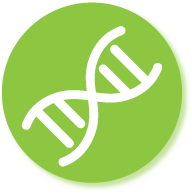
Support OncoGS – mutations for the target treatment of breast/lung/colorectal cancer results.

The method helps to detect minimal residuals of tumours. If the result is positive, the disease is still present, and there is a very high risk of recurrence after treatment. If K-TRACK TM is negative, it means that no cancer remnant is detected after treatment. Based on K-TRACK TM results, doctors can determine the effectiveness of treatment and identify which patients are at high or low risk for cancer recurrence and how long it will take for the cancer to come back.
The timing of K-TRACK TM performance depends on many factors and is specific to each individual. Usually it will be done in three main stages:
– 2–4 weeks before and after surgery.
– Before and after the end of the treatment regimen and every 2–3 cycles during the treatment.
– Every 3 months/2 initial years and every 6 months/3 following years.
– At least 21–30 days after first K-TRACK TM test.
– At least 7 days for routine evaluation and follow-up tests.
– After 7–10 days to receive genetic mutation results for targeted therapy (lung, breast, colorectal cancer)
K-TRACK TM is NOT USED for:
– Pre-surgery evaluation of neoadjuvant/adjuvant treatment.
– Patients with cancer recurrence.
– Pregnant patients.
– Patients with a history of bone marrow transplant or whole blood transfusion within the past three months.
For cancer patients, post-treatment surveillance is crucial to detect minimal residual disease as well as signs of cancer recurrence, thereby taking timely interventions. This can help the oncologist identify:
– How your patient is responding to treatment.
– If further cancer treatment needs to be considered.
– Whether there are signs that the cancer has returned or progressed.
Routine tests used for screening and monitoring cancer treatment include immunohistochemistry index, CT scan, MRI, PET, endoscopy, scan, mammogram and X-ray, which are mainly imaging tests limited in their ability to detect very small traces of cancer in the blood when the tumour is very small or not visible to the naked eye. If left untreated, residual cancer cells are highly likely to multiply and cause a recurrence.
Copyright © 2020 GENE SOLUTIONS
Legal Representative: Nguyễn Hữu Nguyên
Enterprise No. 0314215140 – HCMC D.P.I issued on January 23, 2017
GET MEDICAL CONSULTATION FROM DOCTORS
Tư vấn di truyền